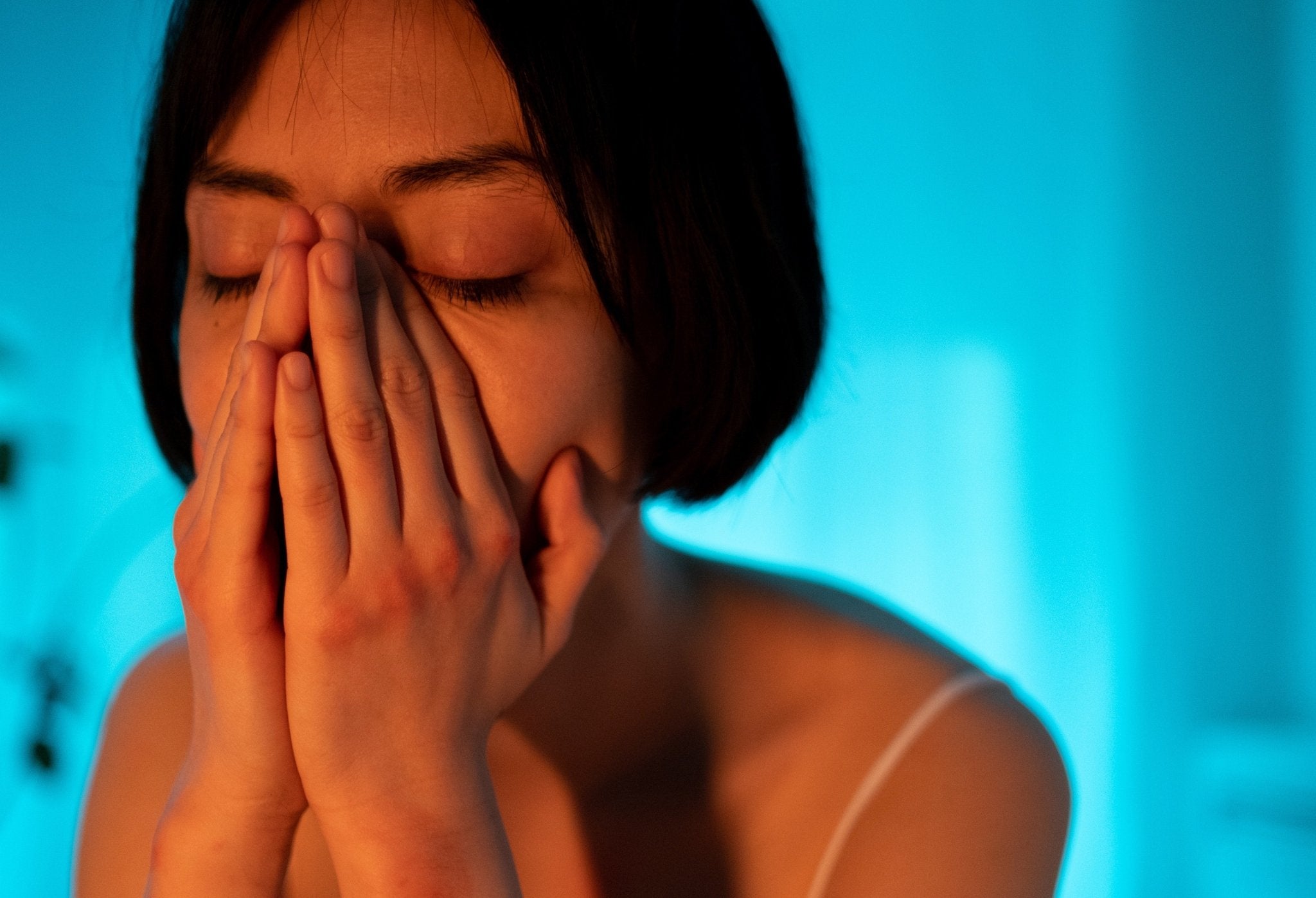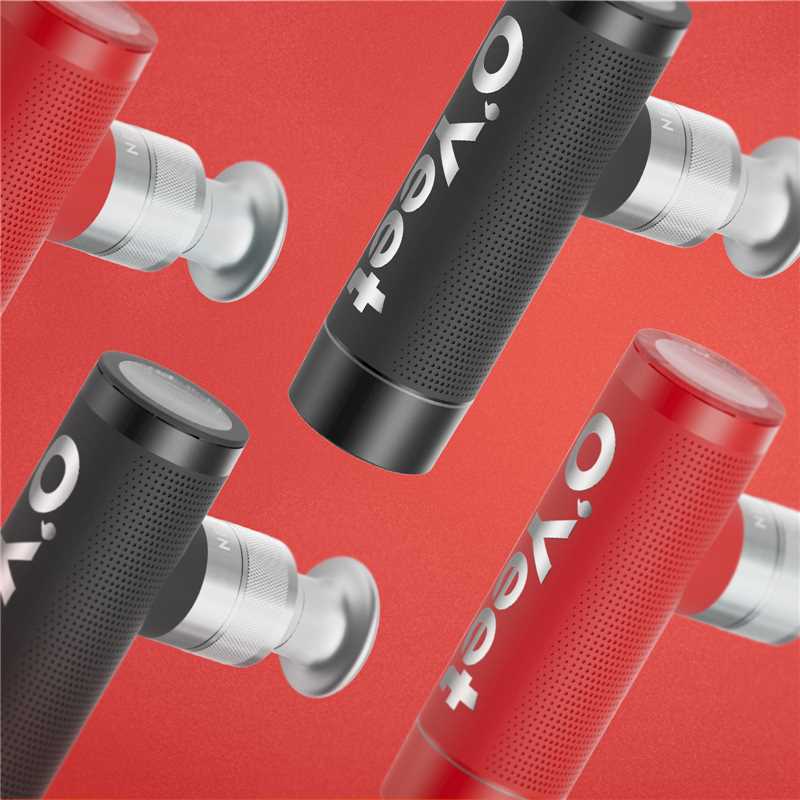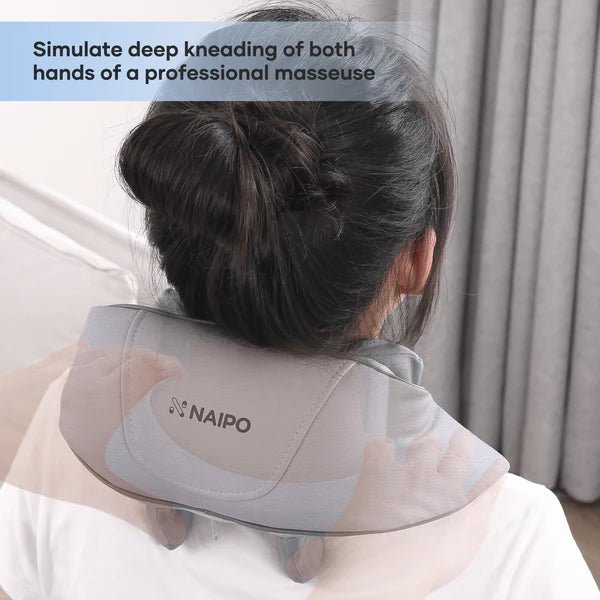
Trouble Sleeping? Fight Insomnia With A Night-Time Massage
Are you one of the millions of people who struggle with insomnia? Do you toss and turn night after night, unable to get the restorative sleep your body and mind need? If so, you're not alone. Insomnia is a common issue that can have a significant impact on your overall well-being. While there are various remedies and lifestyle changes that can help improve sleep, one often overlooked solution is the use of at-home massagers.
The Insomnia Epidemic
Insomnia, characterized by difficulty falling asleep, staying asleep, or experiencing restorative sleep, is a widespread problem. It can be caused by a range of factors, including stress, anxiety, poor sleep hygiene, and medical conditions. The consequences of chronic insomnia go beyond feeling tired during the day; it can lead to impaired cognitive function, mood disturbances, and even physical health problems.
The Power of Massage
Massage therapy is a time-tested method for promoting relaxation, reducing muscle tension, and enhancing overall well-being. Professional massages are effective, but they can be expensive and not always convenient, especially when insomnia strikes in the middle of the night. This is where at-home massagers come into play.
How At-Home Massagers Help with Insomnia
- Relaxation: At-home massagers, whether handheld, neck and shoulder massagers, or full-body massaging mats, provide a means of relaxation right in the comfort of your home. When your body is relaxed, it becomes easier to fall asleep and stay asleep.
- Stress Reduction: Stress and anxiety are common triggers for insomnia. The gentle kneading and pressure of a massager can help reduce stress hormones like cortisol and increase the production of feel-good hormones like serotonin and endorphins. This shift in your body's chemistry can create a more conducive environment for sleep.
- Muscle Tension Release: Many people carry tension in their muscles, especially in the neck, shoulders, and back. Massagers can target these areas, relieving tension and discomfort that may be keeping you awake.
- Improved Blood Circulation: Massagers stimulate blood flow, which can be particularly helpful if you have cold feet or struggle with restless leg syndrome, both of which can contribute to insomnia.
- Enhanced Sleep Quality: By promoting relaxation, reducing stress, and easing muscle tension, at-home massagers can lead to more restful and deeper sleep. When you wake up feeling more refreshed, you're better equipped to face the day ahead.
Tips for Using At-Home Massagers to Improve Sleep
- Establish a routine: Incorporate massaging into your bedtime routine to signal to your body that it's time to wind down.
- Limit screen time: Reduce exposure to screens (phones, tablets, TVs) before bedtime, as the blue light emitted can interfere with your circadian rhythm.
- Create a soothing environment: Dim the lights, lower the room temperature, and use calming scents like lavender to further enhance relaxation.
- Consult a healthcare professional: If your insomnia is persistent or severe, it's essential to seek guidance from a healthcare provider to rule out underlying medical conditions or receive personalized treatment recommendations.
While at-home massagers are not a guaranteed cure for insomnia, they can be a valuable addition to your arsenal of sleep-enhancing tools. By promoting relaxation, reducing stress, and easing muscle tension, at-home massagers can contribute to better sleep quality and overall well-being. So, the next time insomnia keeps you awake, consider reaching for your trusty NAIPO massager to help you drift into a peaceful slumber.
Sweet dreams!



Leave a comment
This site is protected by hCaptcha and the hCaptcha Privacy Policy and Terms of Service apply.